

This modern western depicting juvenile crime takes as its theme the struggle of an individual against a vicious circle of violence. The spiral of violence and revenge is only broken when one person conquers himself and refuses to continue the vendetta. Siim, a 14-year old who grew up in the streets, is only spared the violence because he has a natural antipathy to it. Ultimately he too is caught up in the fighting when he tries to save money for his girlfriend's Christmas gift and the cash is stolen.
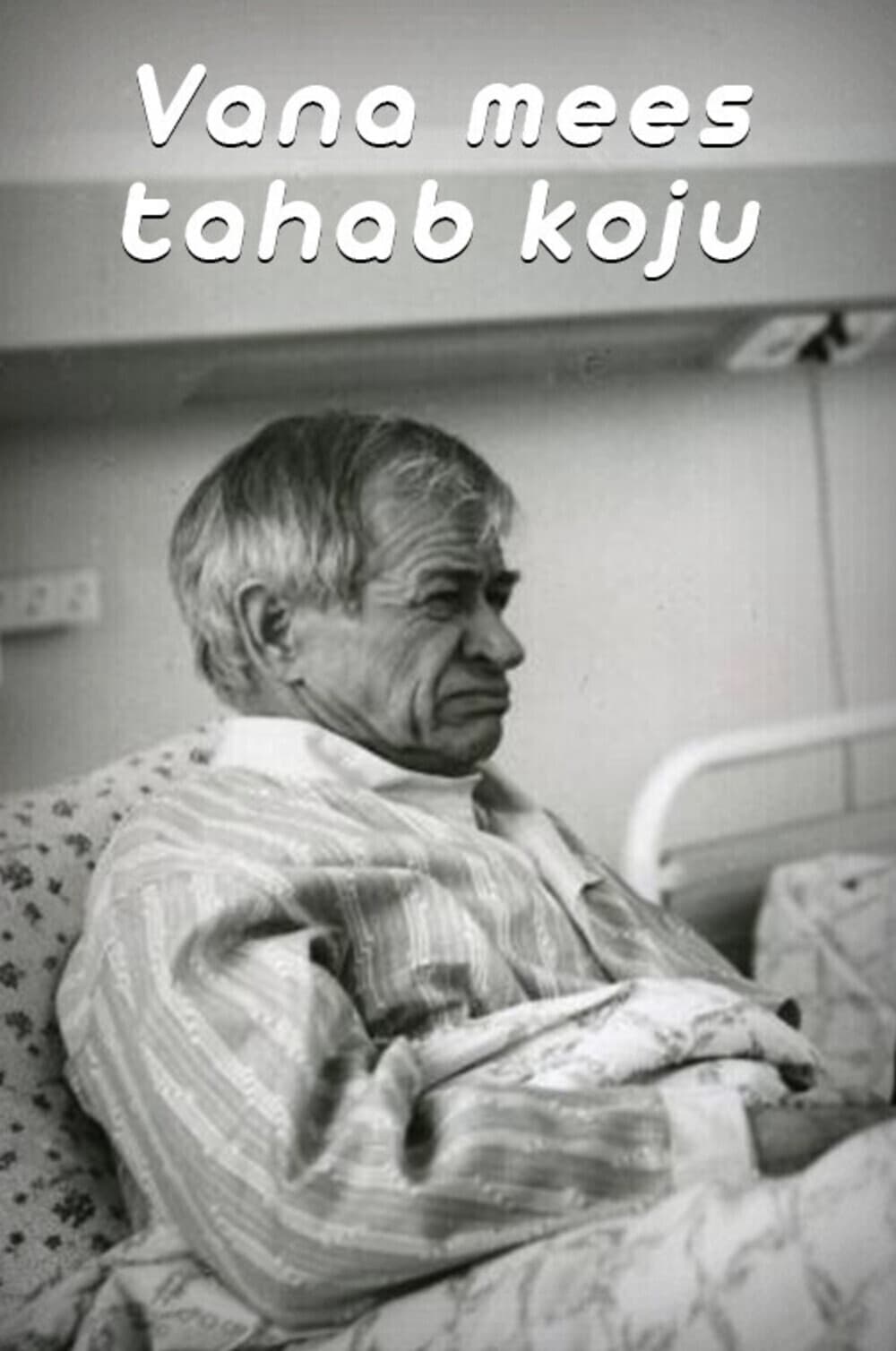
Toomas Simmo is a simple worker who has seen a lot of injustice and carelessness in his life. Yet he has not become bitter or lost the ability to understand and encourage other people who are struggling with their problems. When he lies in the hospital with an amputated leg, her daughter presents him with the most difficult choice of his life.
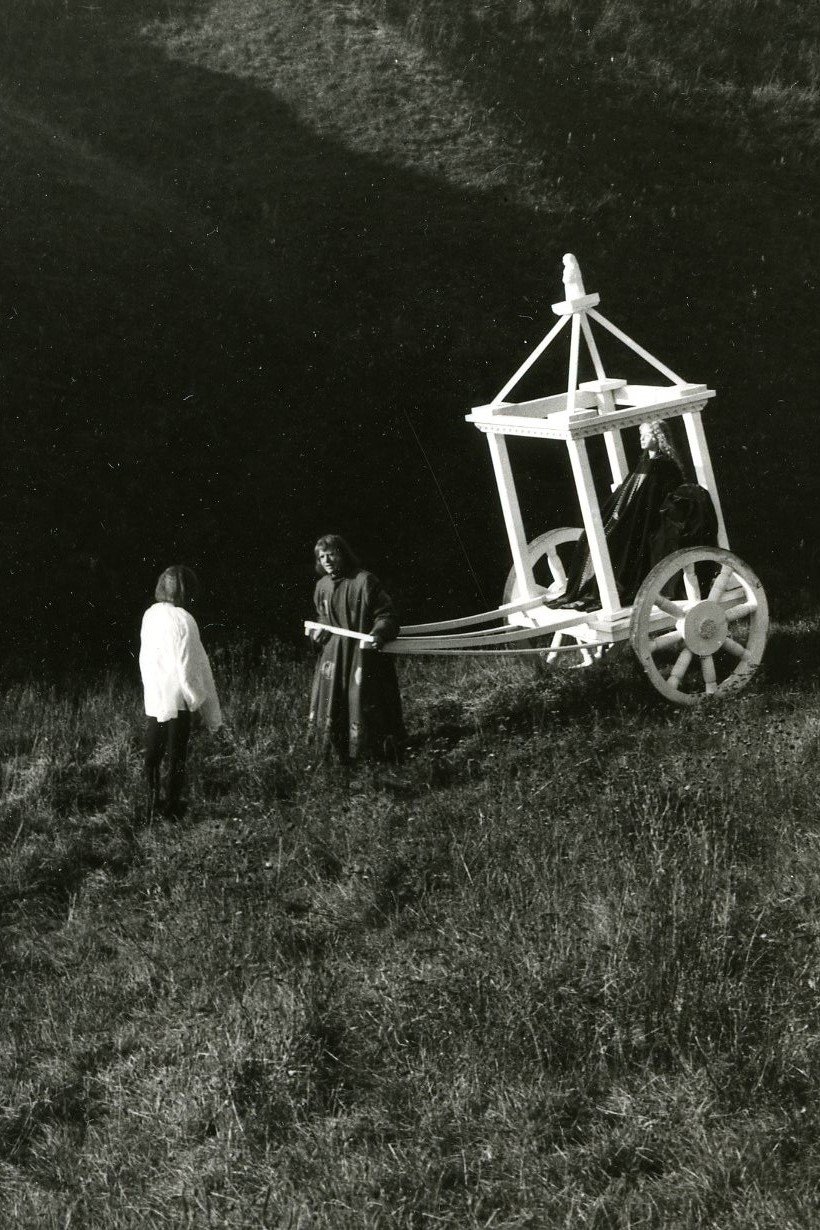
A historical costume drama where the fragments of the adventurous lives of Bernt Notke, one of the most influential Late Gothic painters, and carpenter Michel Sittow are brought together by the story of the panel painting "Danse Macabre" by Notke and the way the painting reached Tallinn, Estonia from Lübeck.
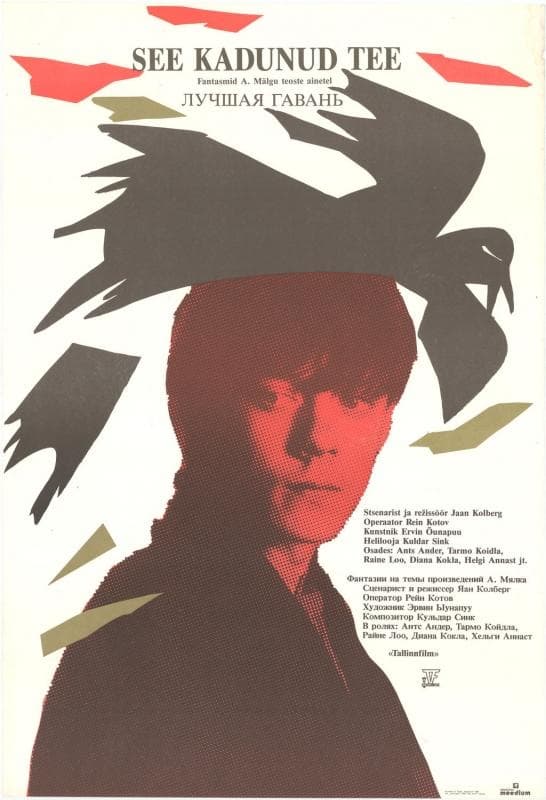
Teenager Juulius loses his mother and goes to live with Taavi, a wise fisherman. Juulius gets to know the daily life in the fisherman's village, falls in love for the first time, and realizes the complexity of the relationships between those of older generation. While leaving for a stormy sea of life from the village he has still some hope in order to come back to his love and his home port.

50s quiet Estonian town. After a long separation, two brothers met in their parents' house. The younger one, Ilmar, a formerly capable artist, has just been released under an amnesty from a camp where he ended up for some youthful prank. Older brother Alex, by nature a more reserved person who prefers to find compromise solutions, is the complete opposite of Ilmar. The meeting of the brothers develops into a conflict, complicated by the fact that Ilmar got in touch with repeat offenders in the camp, and now they are threatening him with violence.
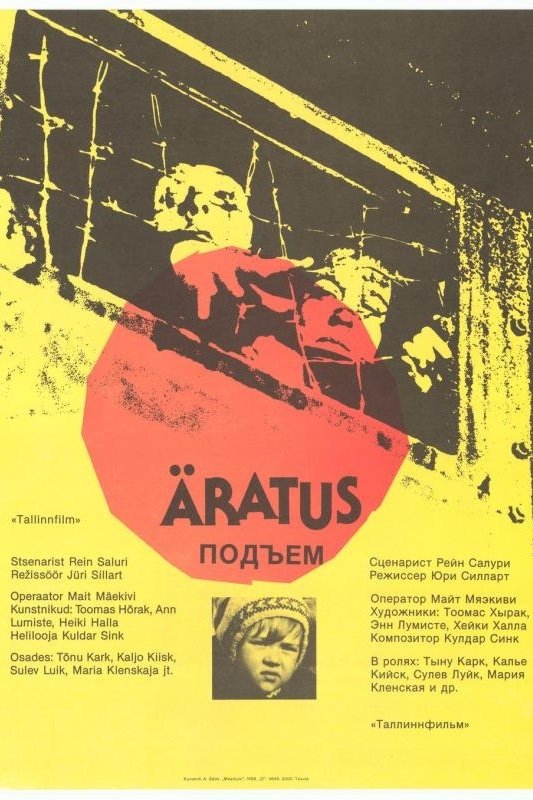
It is the night of March 25, 1949. A full moon hangs over Estonia. Endless rows of cattle cars are waiting to transport thousands of Estonian families, asleep in their homes, to Siberia. The Stalinist regime is ready to treat people like animals.
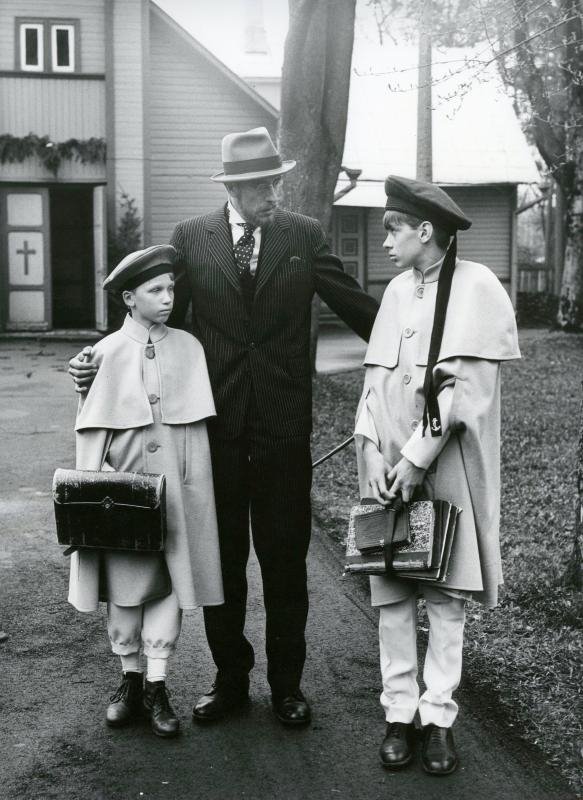
Toomas Stockmann, the head doctor of a water clinic built in a small town by the sea, discovers that the facility is threatened by an infection caused by construction errors in the waterworks. The powerful mayor Peter Stockmann, the doctor's brother, has used his position and connections for commercial and political gain and has ignored the doctor's warnings. The upper class of the town initially supports the doctor's decision to reveal the truth, but the mayor changes due to pressure and personal interests. Dr. Stockmann is labeled an enemy of the people. He must choose whether to stick to his ideas, at the risk of his family, or surrender to demagoguery.
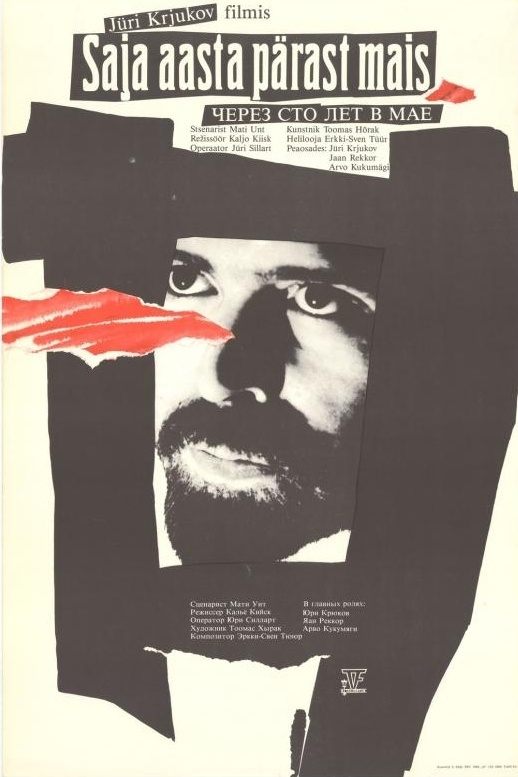
Viktor Kingissepp has been the underground head of the Communist Party of Estonia for three years. He corresponds with Moscow, writes speeches for the members of the Communist Workers' Party and makes leaflets for the events of trade union. His purpose is to overthrow the Republic of Estonia since he does not believe in Estonian independence nor in any national ideals. Yet the clock keeps ticking, tuberculosis spreads rapidly, the world revolution is being postponed. What to do in order to make one's efforts work?
Mati Klooren (July 31, 1938 Tallinn – July 16, 2000 Tallinn) was an Estonian actor and theatre director. Mati Klooren was born in Tallinn. His younger brother was actor Enn Klooren. In 1961, he graduated from the Tallinn State Conservatory's Performing Arts Department. Since 1961, he was an actor at the Estonian Drama Theatre. From 1983 until 1989, he was the head of Estonian Drama Theatre. Besides theatre roles he played also in several films
By browsing this website, you accept our cookies policy.